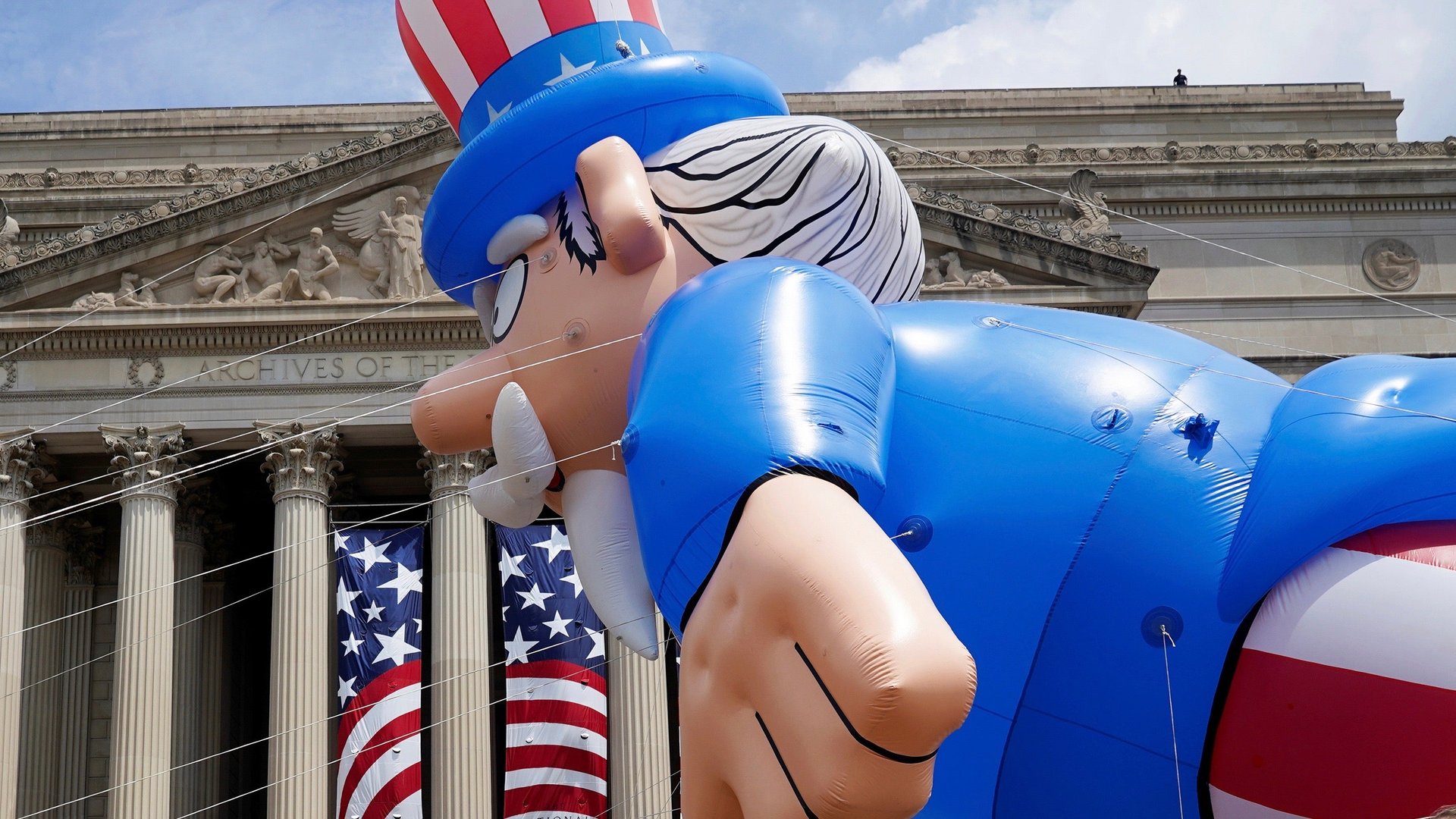The US military bars recruits who have been hospitalized with Covid-19
Uncle Sam wants recruits, generally speaking. But not if they have been hospitalized with Covid-19.


Uncle Sam wants recruits, generally speaking. But not if they have been hospitalized with Covid-19.
The Department of Defense (DOD) issued interim guidance on medical disqualification amid the pandemic on Wednesday. The memo (see below) circulated widely on Twitter and was covered by the Military Times in a post initially headlined, “Coronavirus survivors banned from joining the military.”
That characterization is not quite right, however, a DOD official told Quartz. “It’s important to note that the policy does not say ‘coronavirus survivors’–it’s those that have been hospitalized,” the official said. (The Military Times has since updated its post).
While the latest DOD guidelines on recruits infected with coronavirus may change once scientists have a better understanding of the disease, for now officials appear to be primarily concerned about the longterm health effects of Covid-19 on those who have contracted it.
The memo doesn’t outline the reasoning for the decision and doesn’t mention risk of infecting others. Yet it also doesn’t bar recruits who test positive—but were never hospitalized—from returning for medical evaluations and possible accession after 28 days in home isolation. This indicates that infection and immunity aren’t the primary concerns.
Notably, when the memo first circulated, people on social media were confused. Why, some wondered, would the military ban recruits who might actually be immune to the virus? This common question indicates yet another misunderstanding about the pandemic.
As pandemic lockdowns were ordered in one nation after another and a state of emergency was declared in all 50 American states, people were understandably eager for a plan to get back to “normal.” Some leaders started touting the notion of “immunity passports” and “risk-free certificates” that could be issued to those who had recovered from Covid-19 and presumed immune based on antibody testing.
However, that presumption has not yet been proven. On April 24, the World Health Organization issued a memo explaining that immunity passports are a bad idea because there is no evidence yet that contracting Covid-19 renders people immune to the disease and current test regimes aren’t designed to resolve the immunity question.
The idea that testing would enable the previously infected to return to work proved premature and unsound, apart from all the social and practical problems, as well as legal issues such passports and certifications would present. As it stands now, Covid-19 and its long-term effects are insufficiently understood, which likely explains the military’s reluctance to take on recruits whose infections were severe enough to warrant hospitalization.